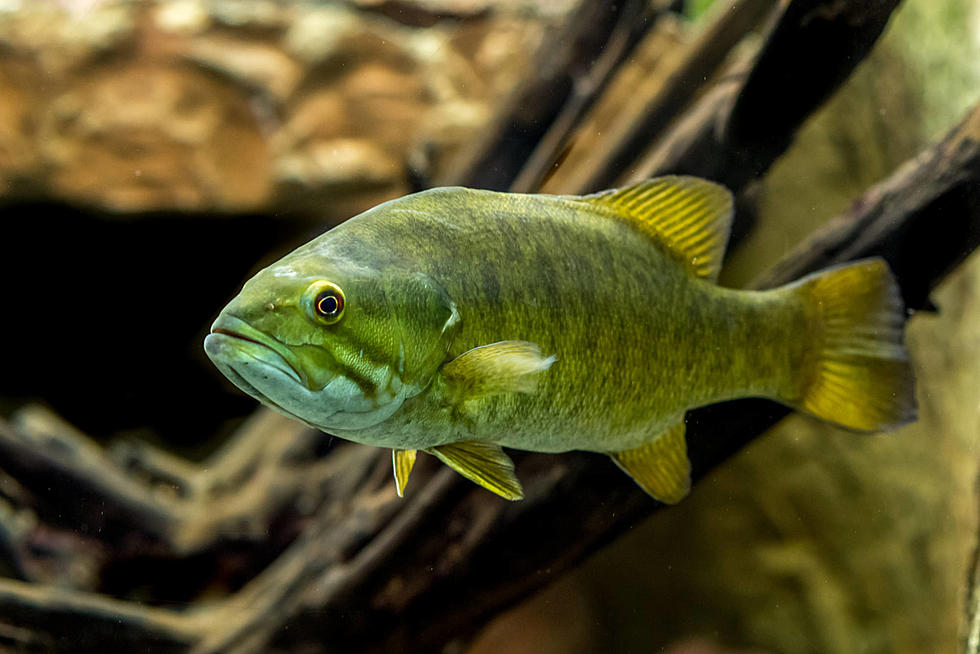
New Montana Invader Bad News for Bitterroot Fishery
Fisheries biologists with Montana Fish, Wildlife & Parks are afraid the discovery of a new invader spells bad news for one of Montana's legendary fisheries and could be the start of problems that could impact not only the Bitterroot but other parts of the Clark Fork Basin.
In fact, they are so worried they're proposing an emergency rule requiring anglers to keep, kill, and turn over any of the invaders to the state.
The invaders are smallmouth bass, with a recent discovery being the third report of the aggressive, non-native fish in Western Montana rivers.

FWP reports the smallmouth bass was caught by a fisherman in the Bitterroot earlier this month. The catch was 3-and-a-half miles upstream from the Bitterroot's confluence with the Clark Fork River.
Biologists confirmed the catch and followed up with fish surveys in adjacent reaches of the river. They didn't find any more bass, but they're worried because they say that part of the river includes habitat which would allow the smallmouth bass to become an established population.
A threat to local species
FWP's concern is that smallmouth bass is a "predatory and adaptable species" which could have a "long-term impact" on the local cold-water fishery, which traditionally has been the home of trout, including the endangered bull trout.
Before this, the state says the nearest discovery of bass had been 70 miles upstream in the Clearwater River system, and 80 miles downstream in the Clark Fork below St. Regis.
An emergency rule proposed
To try and handle the situation, FWP staff are proposing emergency restrictions requiring anyone who catches a smallmouth in the Lower Bitterroot to keep the fish, kill it, and then turn it over to the state. FWP says angler harvest and reporting is an "effective tool" to prevent the spread of invasive species and determine the origin of the fish. In the past, anglers accustomed to fishing for species like bass have been known to try to introduce them to Montana rivers and lakes, which is illegal.
The Fish and Wildlife Commission will consider the proposed rules August 17th in Helena.

